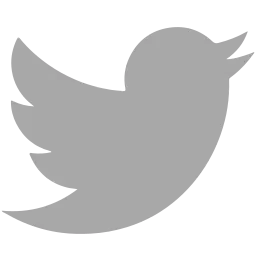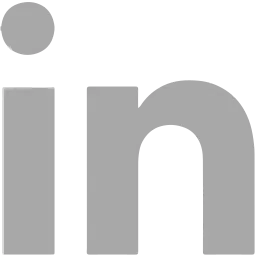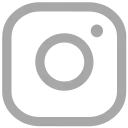MENU
BLOG
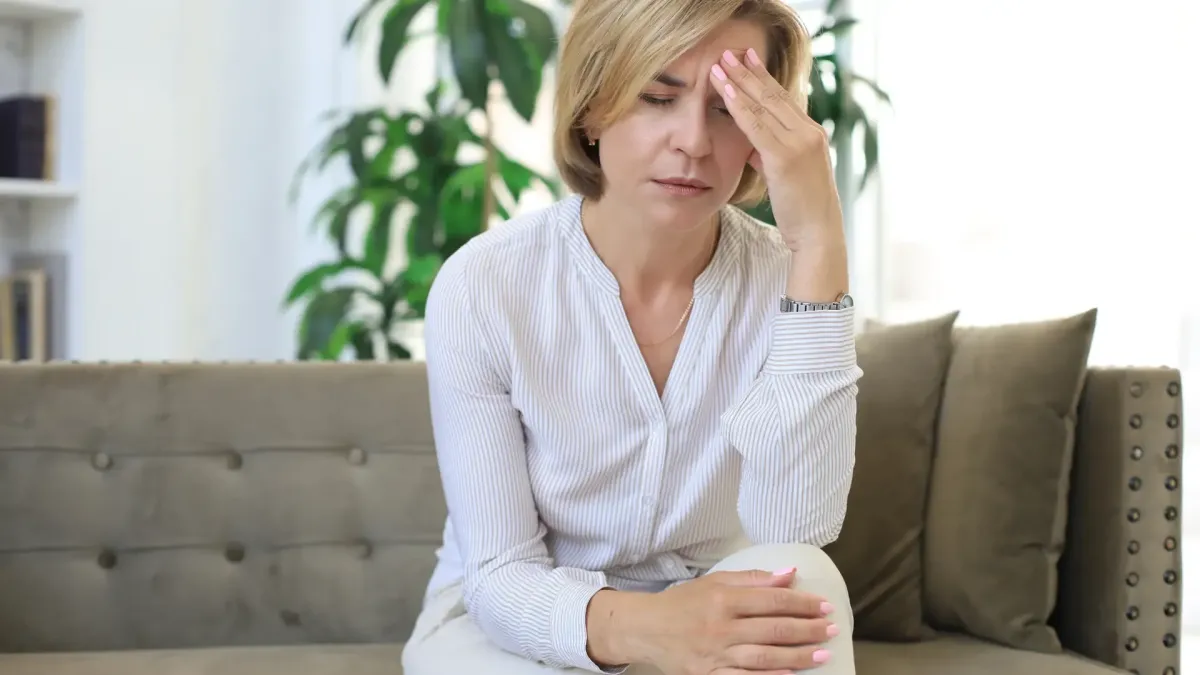
Treating Sex Hormone Imbalances
Sex hormones are that are involved in the regulation of sexual development and reproduction. The primary sex hormones are estrogen, progesterone, and testosterone. Men and women have all of these, just in different amounts and ratios...
When men and women have low energy caused by an imbalance in their sex hormones, it is usually from different hormones. For men, it is usually due to a testosterone deficiency. For women, it is usually due to estrogen and/or progesterone imbalances.
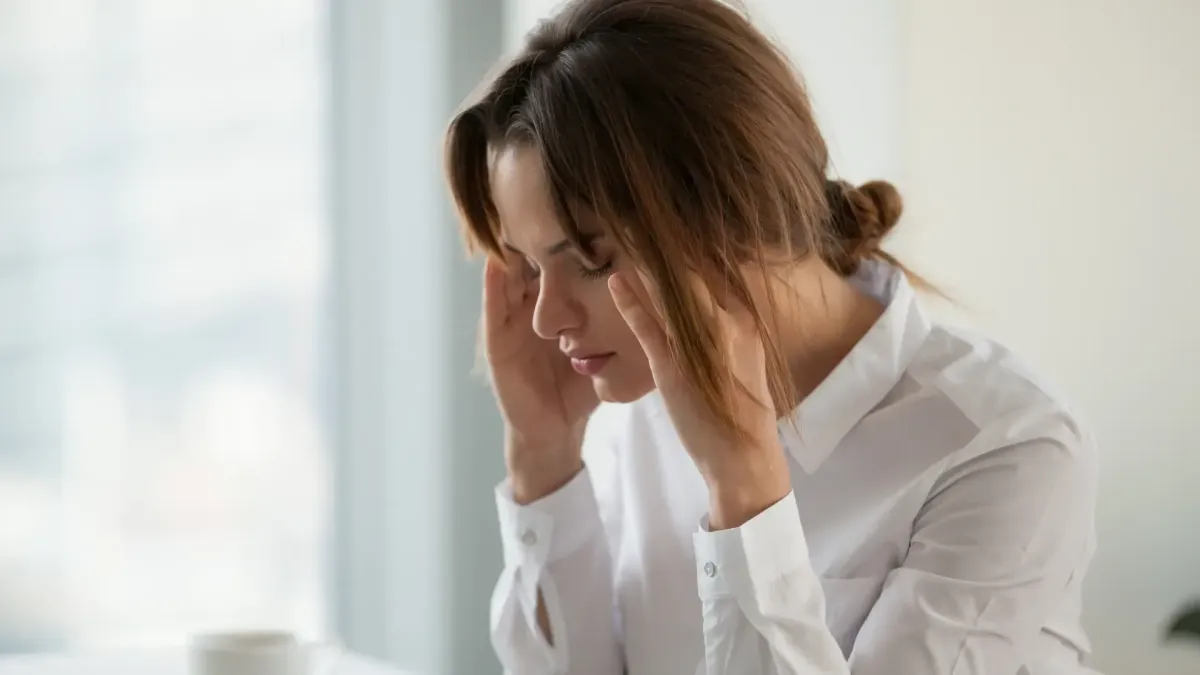
Sex Hormones & Low Energy
The symptoms of menopause are no joke. They are incredibly uncomfortable and can change the quality of your life significantly. When a woman comes to me with menopausal symptoms, she is usually pretty desperate for relief. I use both natural and pharmaceutical therapies to get her that relief.
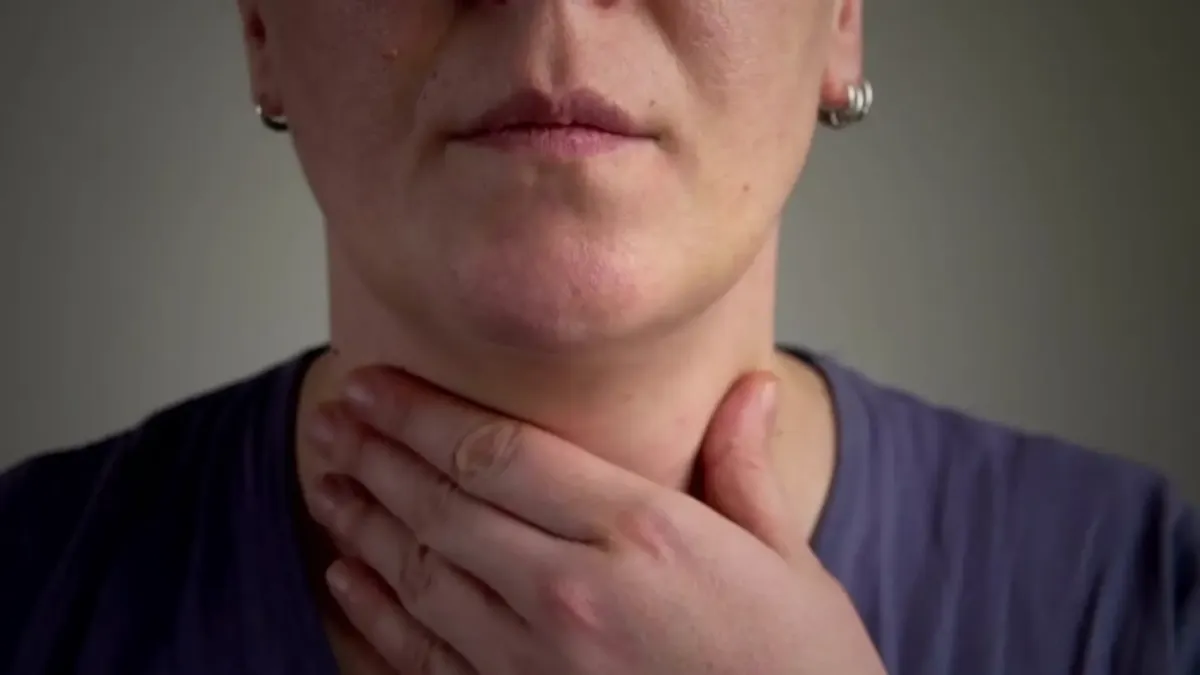
Treating Thyroid Disease
I am a big believer in natural medicine. It can be very powerful and work very well. I prefer to use it as long as the natural treatment is safe and strong. Unfortunately, when treating low thyroid, we usually need both the natural and the prescription treatments. In college, I learned from playing the card game euchre not to “send a boy to do a man’s job.” In medicine, this means using the treatment that you know will work. If I think a natural treatment will work, but I know that a medication will work, I should use the medication as long as there are no significant side effects. This is because I want to make sure you get results right away so that you can get your life back
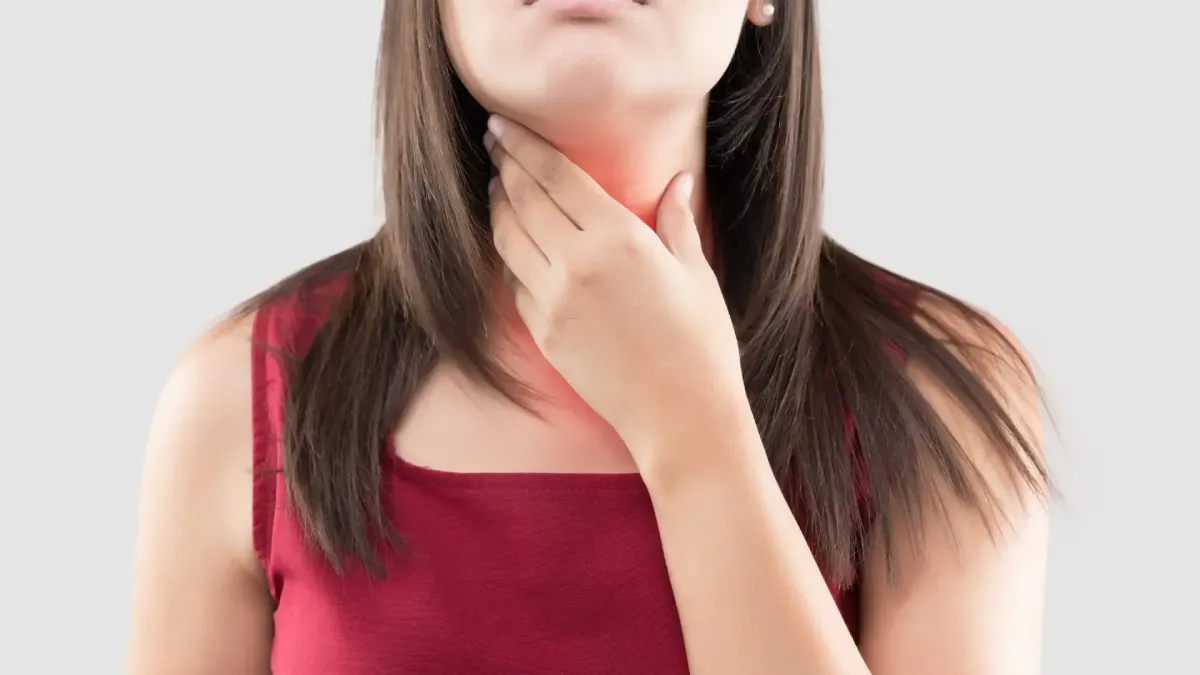
Treating Thyroid Disease
Thyroid disease is one of the most common health problems we face today. The majority of people with thyroid dysfunction have hypothyroidism. Hypothyroidism (“hypo” means low) is a condition where the amount of thyroid hormone in your body is less than what is needed for optimal function. According to the American Thyroid Association, more than 12 percent of the US population will develop a thyroid condition during their lifetimes, and more than half will be unaware that they have a problem. Women are five to eight times as likely as men to develop thyroid problems.

Advanced Adrenal Recommendations
Last week, I went over the recommended supplements to treat Adrenal Fatigue. This week I’ll go over adrenal recommendations as well as a plan to reduce stressors.
Treating the physical symptoms is only the first step. Once you start to feel better, it’s important to begin addressing the causes of the problem: the sources of stress that compromised your adrenals in the first place.
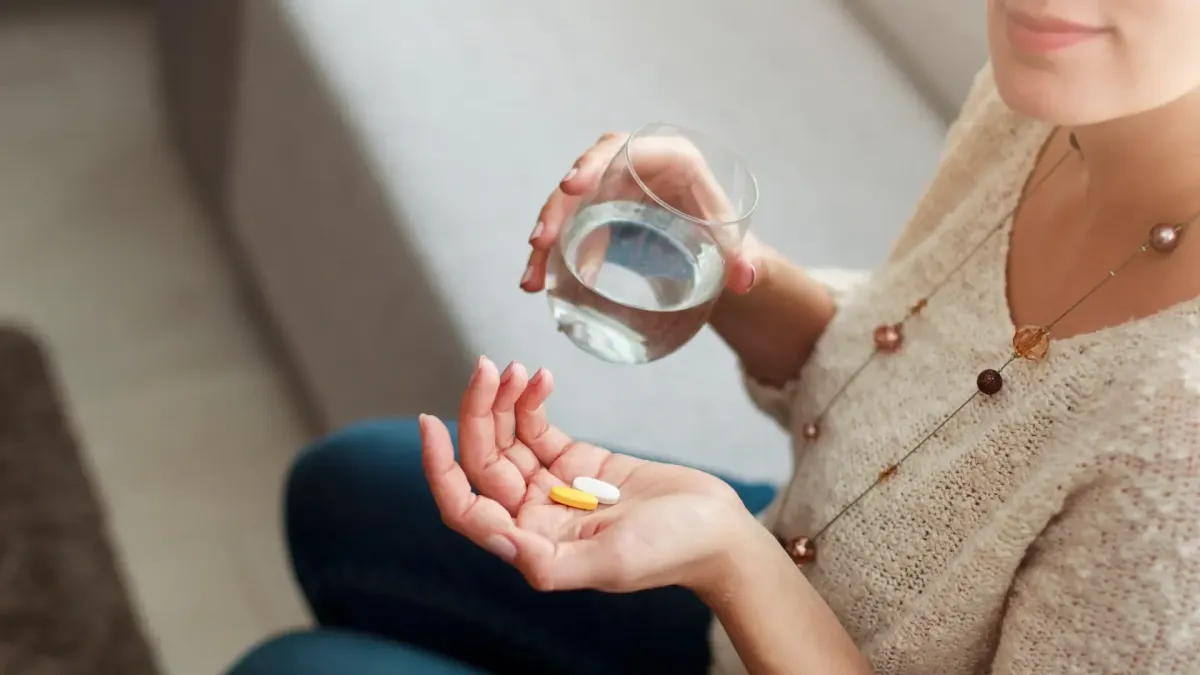
Testing & Supplement Options for Adrenal Fatigue
Last week we discussed the main symptoms as well as the causes of adrenal fatigue. This week, I will focus on testing and supplement options for treatment.
If you have most of the symptoms listed last week, you probably have adrenal fatigue. However, how do we test for adrenal dysfunction?
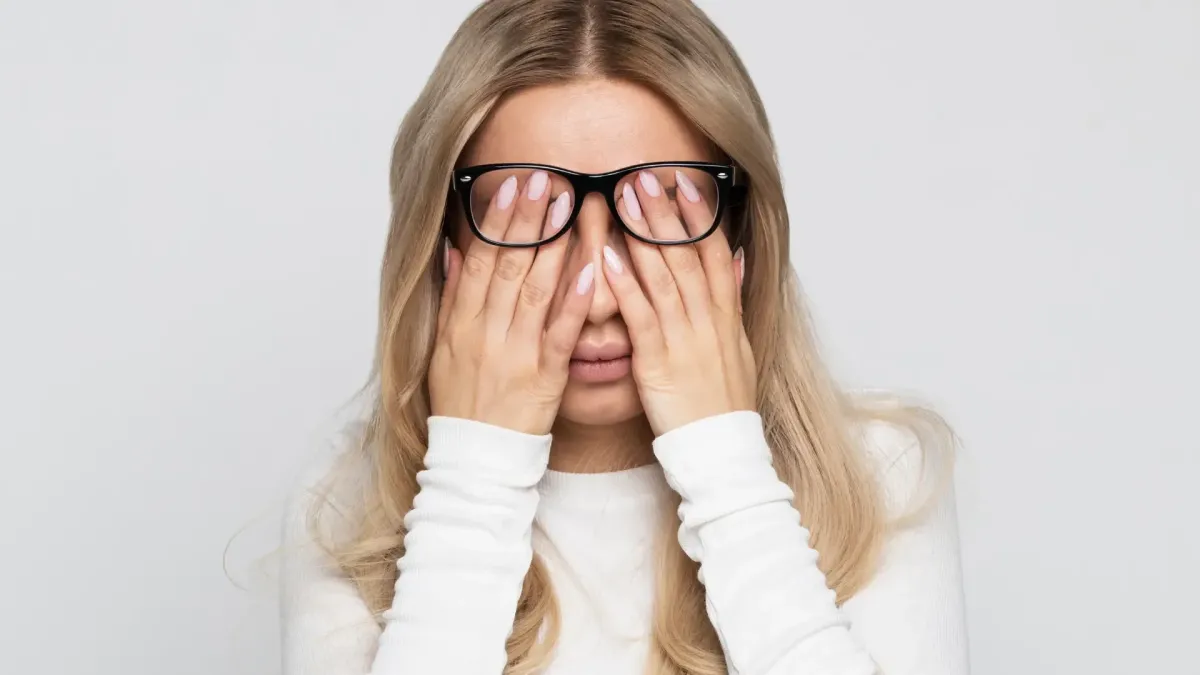
How Adrenal Fatigue Causes Chronic Fatigue
This week I will discuss how adrenal fatigue is a primary cause of chronic fatigue.
It's estimated that up to 80% of adults experience adrenal fatigue during their lifetimes, yet it remains one of the most under-diagnosed illnesses in the United States. Conventional medicine does not yet recognize adrenal fatigue as a distinct syndrome
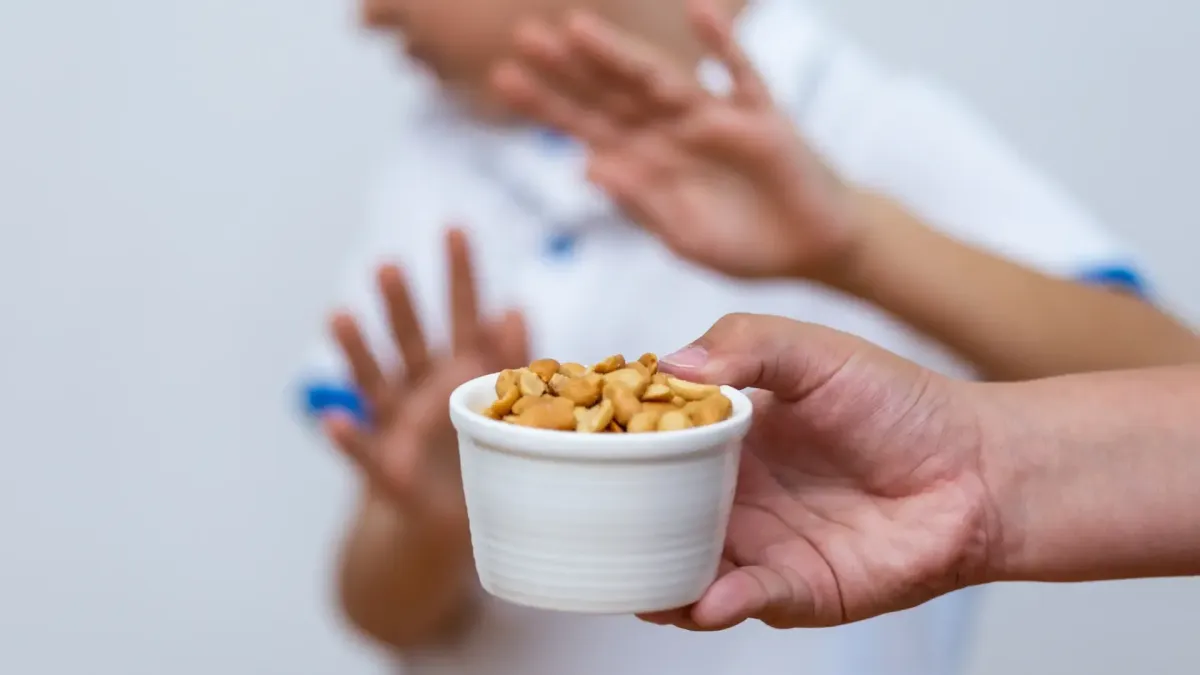
Food Allergies & Low Energy
Food allergies can cause almost any symptom the body can manifest, including low energy. The gastrointestinal tract maintains a delicate balance of good bacteria, specialized immune cells, and various neurological and hormonal activities. In fact, 80% of your immune system resides in your gut, so anything you put in your mouth can trigger a reaction. Once your digestive system detects what it considers a “foreign particle,” your immune system reacts, and the inflammation that follows creates pain and dysfunction.
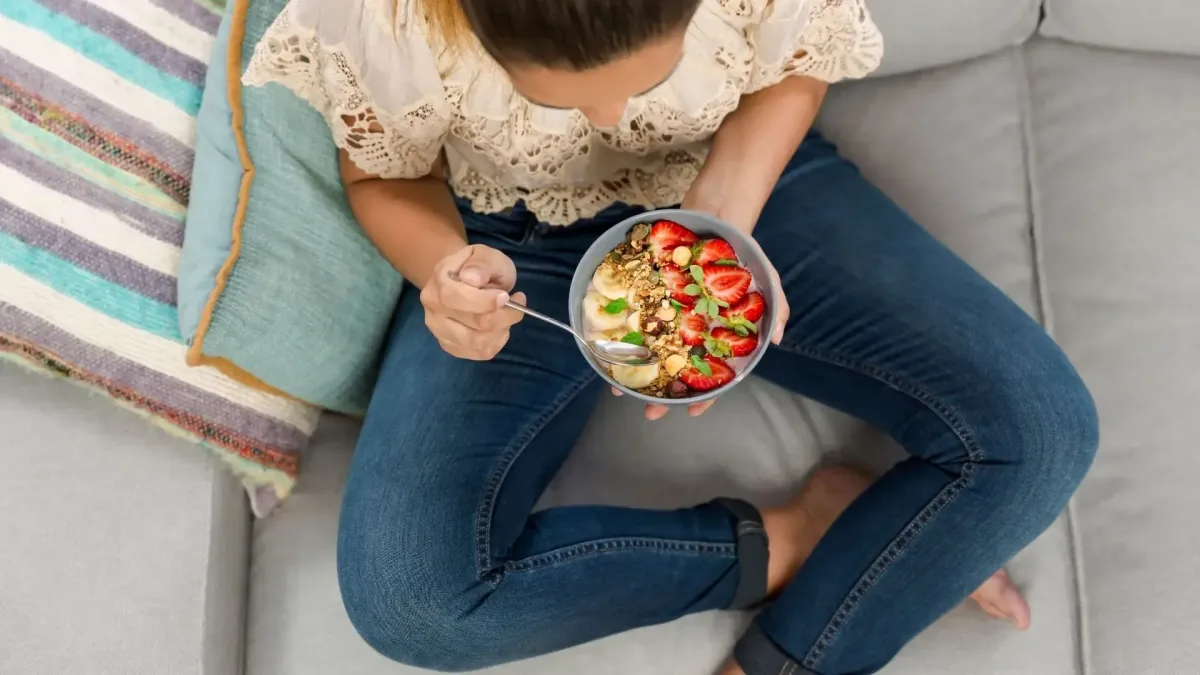
Food and Your Energy
Food is a touchy subject, especially if you’re not feeling well. We have a lot of emotional attachments to it, and it can give us joy at times when nothing else can. However, food allergies play a significant role as a cause and contributor to fatigue and, as a doctor, I have seen amazing improvements in the health of my patients when they change their food choices.
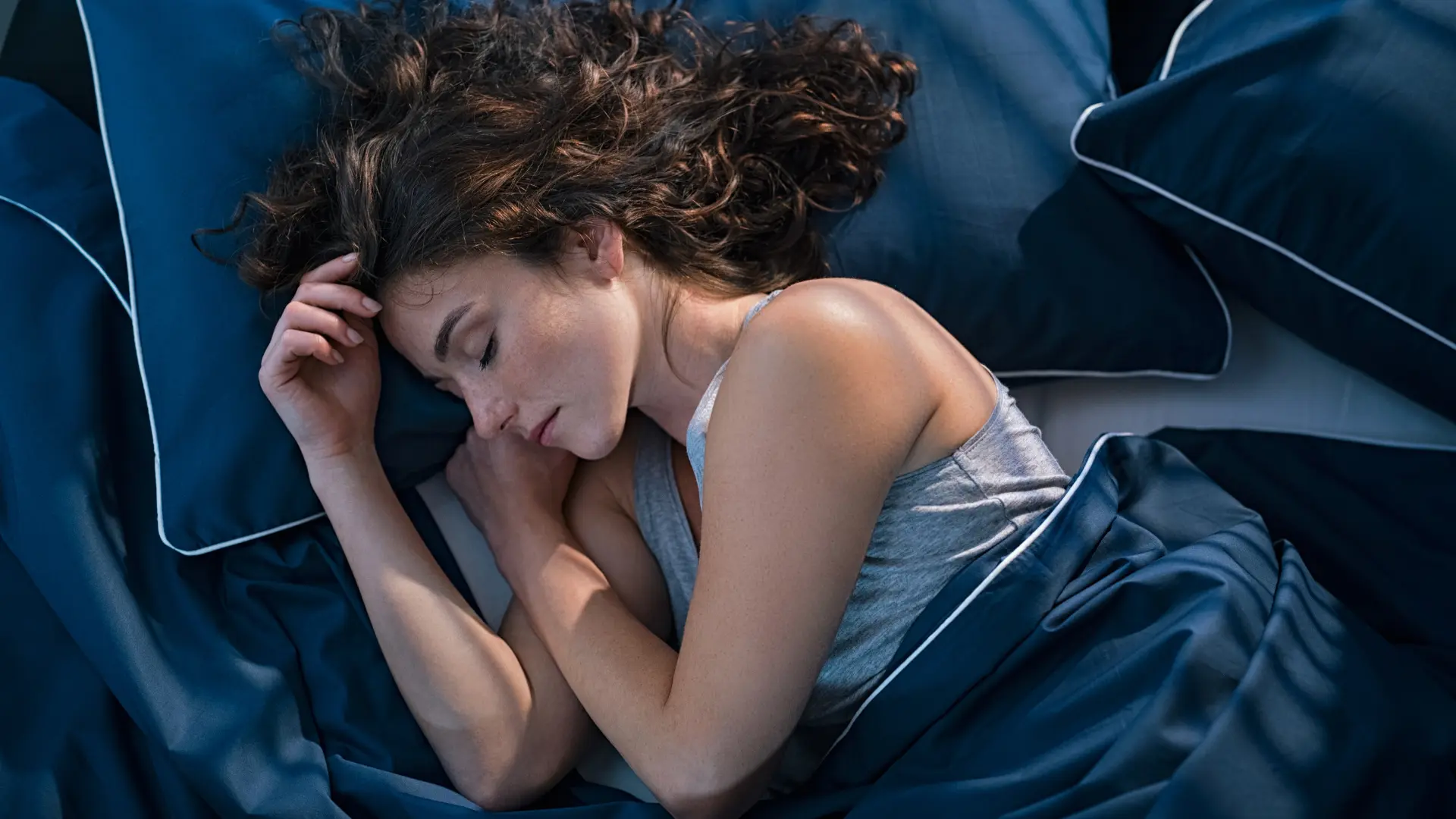
Strategies for Improving Your Sleep
Addressing your sleep issues will improve your health, whether you suffer from low energy or not. That said, changing your lifestyle and behavior requires energy. If you are battling severe low energy, achieving restorative sleep is essential before you can move on to address other potential issues that require greater effort, such as changing your diet or exercise. In this article, we are sharing strategies for improving sleep that can be used by anyone whose goal is optimal health.
Sleep Window
Your “sleep window” is the ideal time to go to sleep, and for most, it is between 9 and 10:30 p.m. It’s helpful to go to bed during this window every night (even on the weekends) to consistently get seven to nine hours of sleep. If you get a “second wind”— the energy that keeps us awake after previously feeling tired – you know you’ve missed your sleep window. I have found that if you’re not asleep by 10:30 p.m. on a consistent basis, you won’t be able to resolve your low energy.
Sleep Cycles
As adults, we have cycles that run from 1.5 to two hours while we sleep. This is the time that our sleep becomes lighter, and we transition into another phase of sleep. If you have a 1.5-hour sleep cycle, you will wake up feeling rested when you go to bed at 10:30 p.m. and wake up at 6 a.m. You will get seven and a half hours of sleep in five 1.5-hour sleep cycles. If you have a two-hour sleep cycle, you will wake up feeling rested when you sleep from 10 p.m. to 6 a.m. This is eight hours of sleep in four two-hour sleep cycles. Pay attention to how you feel after awakening from 1.5-hour sleep cycles versus two-hour sleep cycles and adjust your sleep and wake times accordingly.
Rise and Shine
Go to bed and wake up at the same time every morning and evening, including weekends.
Bedroom Activities
The bedroom should be reserved for only sleep and sex. Please read and watch TV in a different room. I know – I can hear you bookworms asking how I possibly think you will ever get to sleep if you cannot read in bed at night! Okay. If you can read before bed without an issue, you may.
Napping
Napping during the day is not ideal. It is a sign that your circadian rhythms are off and your adrenal glands are compromised. If you feel the need to rest during the day, try to lie down without falling asleep and set a timer for fifteen minutes. If you do need to nap during the day while we are fixing your adrenal glands, that’s fine. Just know that it is temporary. You can gauge your progress based on your need to nap. My patients find that as their adrenal function improves, they no longer need to nap.
Exercise
Exercise can be beneficial for sleep. Some people sleep better when they exercise in the morning, whereas others sleep better exercising just before bed; experiment and do what works best for you.
Foods
Unstable blood sugar levels can interfere with sleep. A blood sugar dip at night can trigger cortisol surges that delay sleep or awaken you during the night. Try consuming protein every two to three hours during the day and right before bed. This is a great trick if you are waking between 1 a.m. and 3 a.m.
Stimulants
Reduce (or eliminate) your overall caffeine intake, and refrain from consuming coffee and other caffeinated beverages after about 9 a.m. Caffeine can last up to twenty hours in the body! It also “whips” the adrenal glands into producing more cortisol, worsening adrenal fatigue. Chocolate in the afternoon and evening can also negatively affect sleep.
Electronics
Stop screen time an hour or two before bed. These devices emit blue light and trick the brain into thinking it is daytime. Research your e-reader to learn if it emits blue light. Many don’t. Get a blue light blocker for your computers and your phone. I recommend the app flux (flux.com) for your computer and Twilight for your Android phone and tablet. Many phones come with blue light blockers, but I find them inadequate. Your screen should have an orange hue.
Lighting
Your body knows what time it is based on its exposure to light. Make sure that your days are full of sunlight and your nights are absent of light. Sleep in complete darkness. This helps regulate the pineal gland, circadian rhythms, and melatonin production. If a nightlight is needed for navigation, install one with yellow, orange, or red light, as these wavelengths do not disrupt sleep (no blue light!). Salt lamps are wonderful for this purpose!
Comfort
Make sure your bed is comfortable.
Thermoregulation
The body’s heat regulation system is strongly linked to sleep cycles. Keeping the bedroom between 60 and 69 degrees F is recommended. You want the body’s core temperature to drop, but you don’t want cold hands or feet, as that impairs blood flow and leads to restlessness. Taking a warm bath a couple hours before bedtime is often helpful; your core temperature should start dropping about the time you fall asleep. Consider adding one or two cups of Epsom salt to the bath to get the relaxing effects of magnesium.
Stress
Develop a relaxing bedtime routine. Create a stress-free environment after dinner, which means no arguing or watching scary movies. If you are experiencing stress, find a counselor or health coach knowledgeable in Mindfulness-Based Stress Reduction (MBSR) techniques, or an Emotional Freedom Techniques (EFT) practitioner. The MBSR course can be done online.
Pets
If pets interrupt your sleep, keep them out of the bedroom at night. Your animals will adjust, and so will you—your sleep is THAT important!
EMFs
Be mindful about electromagnetic fields (EMFs) in the bedroom, which can disrupt the pineal gland and its melatonin production. Ideally, turn off wireless routers, computers, and cell phones for the night. Even the electrical panels (fuses) that control the bedroom can be shut down at night to reduce electrical background “noise.” I dive into the problem with EMFs in a separate post.
Don’t Toss and Turn
If you can’t sleep, staying in bed can be frustrating ,and typically it raises anxiety. Instead, after thirty minutes of not sleeping, get up, turn the lights on low (or not at all), listen to soft music or read a book, and then return to bed when you feel sleepy. If you’re reading a book on your phone, make sure you have a blue light blocker turned on.
Snoring or Morning Headaches
If you snore or experience morning headaches, consider getting a sleep study to rule out sleep apnea. If apnea is confirmed, ask your doctor about a dental appliance, Breathe Right Nasal Strips, or a CPAP machine to improve the flow of oxygen while you sleep. Low oxygen levels at night and increased pressure from snoring will decrease the quality of your sleep. And it can lead to other medical issues such as high blood pressure, headaches, and lung and heart problems. Chronic sinus problems can also play a role – get them checked out.
Menopause and Sleep
If you’re a woman, forty-five to fifty-five years old, and have just started having sleep problems (and never had them before), then your sleep issues are probably from menopause and sex hormone deficiencies. Other signs include vaginal dryness, anxiety, dry hair, and hair loss.
Progesterone helps women fall asleep, and estrogen helps them stay asleep. So, if you are having trouble falling asleep, you may need to take progesterone. If you are having a hard time staying asleep, then you may need to take estrogen.
Infections and Sleep
Certain infections are active at night and can disrupt your sleep. The most common culprits are those that can get into your nervous system and affect your ability to relax. They can also cause nutritional and hormonal deficiencies, exacerbating your sleep problems. In my practice, I see primarily Bartonella, Babesia, and Borrelia.
Sleep Aids
I once heard Joe Burrascano, MD, a Lyme disease expert, say, “I don’t care if you hit your patients over the head with a hammer; you must get them to sleep. If they don’t sleep, they can’t heal.” So, while we are working on the causes of your sleep issues, I also want to give you a sleep aid. As always, natural therapies are best as long as they work.
I recommend starting with botanicals (herbs), nutrients, and neurotransmitter precursors that help people fall asleep and stay asleep during the night. These supplements will help your body recreate its circadian rhythm. The ones that I recommend include:
Magnesium, a wonderfully relaxing mineral that promotes sleep.
Phosphatidylserine to decrease adrenal stress and shut off the “monkey mind.”
Melatonin, a multifunctional hormone whose main role lies in its involvement in the control of the circadian rhythms. Melatonin mediates the body's response to variations in natural light. Darkness into the eye tells the brain to make melatonin so the body can prepare for sleep mode. Its production should peak at night, and it is instrumental in maintaining quality sleep patterns.
GABA. Gamma-amino butyric acid, the central nervous system “relaxer.” This amino acid allows your nervous system to calm down.
German chamomile binds to receptors in the central nervous system and decreases anxiety.
Valerian root has demonstrated sedative effects due to its ability to induce the release of GABA from brain tissue.
Passionflower reduces anxiety and promotes sleep.
Lemon balm has been suggested to improve calmness via the relaxing action of GABA.
L-theanine has been clinically proven to reduce stress and improve the quality of sleep.
5-HTP can be used in conjunction with melatonin as a precursor to serotonin, which can further support melatonin production during the night to help with staying asleep.
Cannabis has many medicinal properties, including anti-anxiety and sedation. If you can obtain it legally, tell the dispensary that you want an “indica strain that is high in CBDs.” I recommend making a cannabis infusion in olive oil.
You don’t have to take all of these separately. In the plan I outline below, I recommend products that combine many of these for a synergistic effect.
Pharmaceutical Sleep Aids
If the natural therapies aren’t working and you need to go to the next step, I recommend the following:
Trazodone. It was developed as an anti-depressant but is better as a sleep aid. Side effects include constipation, sedation, and low blood pressure.
Other options include Ambien, Klonopin, Sonata, and Lunesta, but I only use them if everything else doesn’t work because of their addictive potential.
The Plan
If you’re having problems sleeping, here’s how to get your sleep back on track.
Start implementing the sleep hygiene strategies I’ve discussed. Choose one at a time if it feels overwhelming to implement more than that. The most important ones are:
Go to bed at 10 p.m. in a dark room, away from your electronics.
Relax after dinner with low-stress activities.
Avoid caffeine (coffee and even chocolate) to see if that makes a difference in your sleep.
Order your labs if you haven’t done so already so you can find out if you have any deficiencies in hormones and nutrients that might be affecting your sleep.
Start re-creating your circadian rhythms with natural sleep aids:
Start Insomnitol. Take 2 caps/night. If you are groggy in the morning, decrease to 1 cap per night. Insomnitol has most of the natural sleep aids previously discussed.
Start taking magnesium chelate 1 capsule per night.
Take a magnesium bath every night. Use 2 cups of Epsom salt or 1 tsp of Magnegel (magnesium gel) in hot water for 30 minutes.
Start Phosphatidylserine 1 cap/night
If you snore, get a sleep study to rule out obstructive sleep apnea. You’ll need a referral from your medical provider.
If your sleep is not improving, then start trazodone 25mg/night and increase by 25mg every three nights until you are sleeping through the night or you reach a maximum of 200mg/night. Your medical provider must prescribe this. Once you have treated the causes and you are sleeping well, you can wean off of this by 25mg every week.
If your sleep has been worse since menopause, you probably are deficient in progesterone and estrogen.
Once your sleep hygiene and deficiencies are remedied, if your sleep is still not ideal, then address Bartonella, Babesia, and Borrelia.
Take Action:
1. Implement one or two sleep hygiene strategies.
2. Order the new supplements discussed here. You can find them under the Sleep Support category in our online store
3. Set alarms on your phone to remind you to take your supplements.
4. Track your sleep symptoms
5. Ask questions like these in our Facebook Group:
1. Which sleep strategy helped your sleep the most?
2. Which natural sleep aid helped your sleep the most?
3. What is your favorite blue light blocker for your phone and computer?
I am just thrilled to think about what a difference you will experience as you improve your sleep. We still have work to do as we resolve your fatigue. But the work you invest in getting a great night’s sleep is going to make a huge difference!
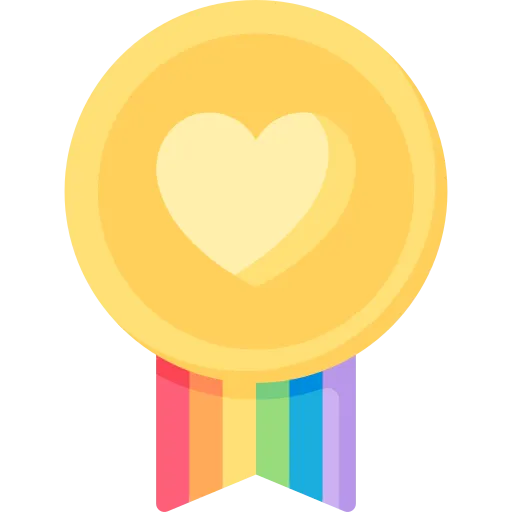
A safe space for all.
We're LGBTQ+ supportive
Copyright (c) EnergyMD




